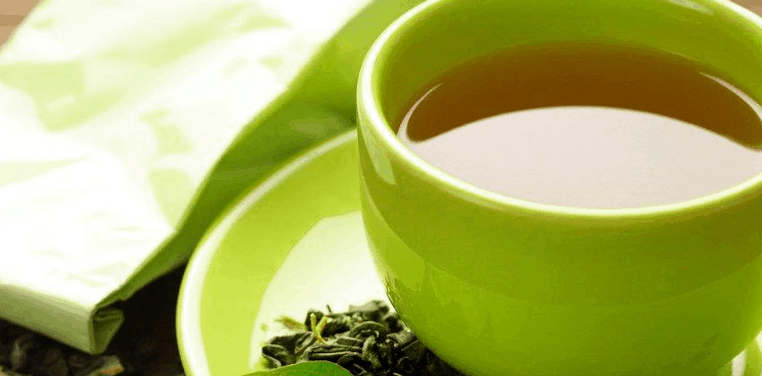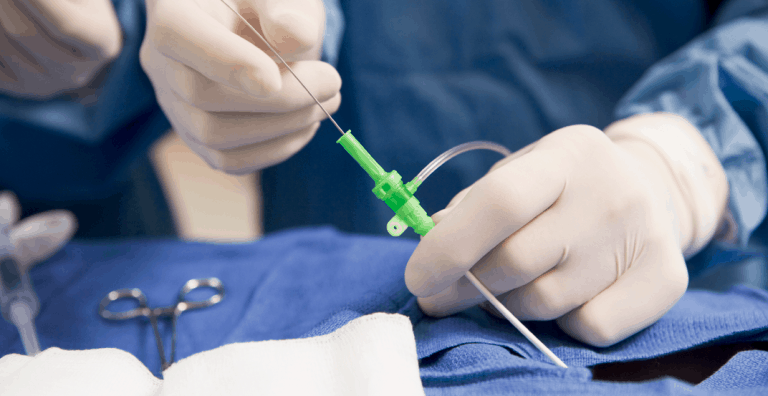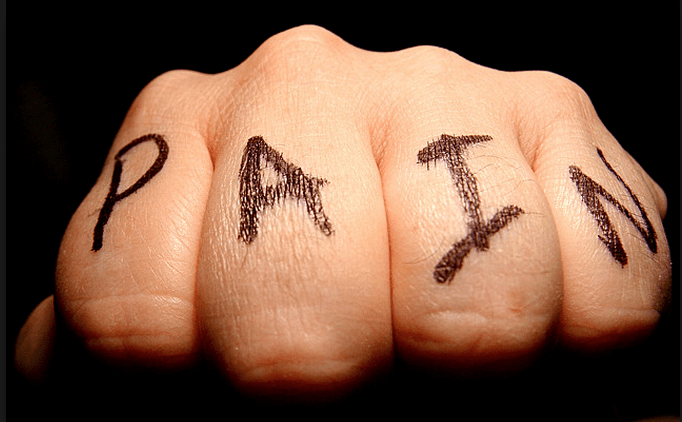Many men take (and drink) green tea (Camillia sinesis) to support prostate health.
Green is a Tier 2 supplement for prostatitis, meaning that it has significant clinical studies and research behind its use. The secret behind green tea’s medicinal powers is the catechins, which are potent antioxidants that boast an array of health-promoting properties for both prostate health and other aspects of health.
Catechins have many health benefits—they enhance the immune system, destroy certain bacteria and viruses, and fight several forms of cancer, including prostate cancer. Catechins also fight inflammation, regulate the production and activities of hormones, and reduce risk of infection in prostatitis patients.
There are several different kinds of catechins, the most powerful being epigallocatechin gallate (EGCG), which is more potent than the antioxidants vitamins C and E. Another bonus found in green tea is the bioflavanoid known as quercetin, which is in itself a Tier 1 supplement for prostatitis.
Green Tea for Prostatitis Treatment — Does It Work?
Green tea may help men with both bacterial and nonbacterial types of prostatitis and can be combined with more traditional treatments.
Green tea’s catechins have demonstrated the ability to manage both bacterial prostatitis and urinary symptoms of nonbacterial chronic prostatitis/chronic pelvic pain syndrome (CP/CPPS). When green tea is combined with antibiotics for cases of bacterial prostatitis, studies show that this supplement-drug combination works better than just taking the antibiotic alone. Researchers have also noted green tea’s helpfulness in managing lower urinary tract symptoms associated with enlarged prostate due to benign prostatic hyperplasia—BPH. Some men with prostatitis may experience similar urinary symptoms, so this benefit may help prostatitis patients as well.
There are a number of various studies on the effectiveness of green tea for prostatitis treatment (and prostate cancer). Here are a few green tea studies:
- A study on CP/CPPS involved rats. The animals were given either placebo, catechins, the antibiotic ciprofloxacin (Cipro), or catechins plus ciprofloxacin. The catechins group alone showed modest improvements in inflammation and bacterial growth compared with the placebo group, but the combination therapy employing catechins and ciprofloxacin demonstrated significant improvements when compared with placebo (Lee 2005).
- In 2010, the Journal of Infection and Chemotherapy published a study on the catechins from green tea extract and prostatitis. The researchers used rat models of chronic prostatitis and found that nanocatechins (catechins altered using nanotechnology) had more effective anti-inflammatory and antimicrobial effects on rat chronic prostatitis than “normal” catechins because the body was able to absorb them better (Yoon 2010).
- Drinking green tea can help prevent prostate cancer. Research shows that men who drink at least five cups of green tea per day have a reduced risk of prostate cancer compared to men who drink less than one cup of green tea per day (Kurahashi 2007.)
Uses and Side Effects of Green Tea
Research shows that taking 500 to 600 mg of highly concentrated green tea extract every day is effective. When you are shopping for green tea supplements (or even brewable teas for drinking), be sure you read the product’s label to determine the correct EGCG levels in the product. If the label does not state the EGCG amount, you can find the amount of green tea extract and divide it by two because the amount of EGCG in a product is about half of the amount of green tea extract. For example, 600 mg of a highly concentrated green tea extract provides 454 mg of catechins, and 311 mg of EGCG. According to Food and Drug Administration (FDA) requirements for supplements, the product’s label should list the plant’s species name and the part of the plant used in the product.
Green tea can possibly increase blood pressure and heart rate. You do need to keep an eye on the supplement’s or tea’s caffeine level. Prostatitis patients need to use caffeine-free products because caffeine is a diuretic that can irritate the prostate and the bladder, leading to urinary symptoms and even contributing to incontinence. Check with your doctor before you take green tea extract if you have stomach ulcers, anxiety disorders, or if are taking anticoagulant drugs like Coumadin (warfarin), due to green tea’s vitamin K content.
The amount of catechin in green tea varies depending on where the tea is cultivated, the diversity of plants used, the harvest season, and how the tea is processed. Generally, Japanese green tea has a greater EGCG content than does Chinese tea. Some of the superior Japanese green teas high in EGCG include Sencha uchiyama. Gyokuro, Sencha, and Matcha.
References for Green Tea for Prostatitis:
Kurahashi N. et al. Green tea consumption and prostate cancer risk in Japanese men: a prospective study. Am J Epidemiol. 2008 Jan 1;167(1):71-7. Epub 2007 Sep 29.
Lee YS et al. Synergistic effect between catechin and ciprofloxacin on chronic bacterial prostatitis rat model. Int J Urol 2005 Apr; 12(4): 383-89
Yoon BI et al. Anti-inflammatory and antimicrobial effects of nanocatechin in a chronic bacterial prostatitis rat model. J Infect Chemother 2010 Aug 7







